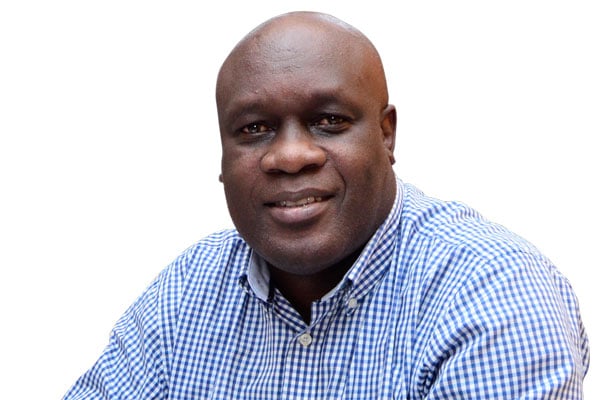Prime
Of sound-bite journalism and what is in Oulanyah’s name(s)

Odoobo C. Bichachi
What you need to know:
“Lo” means “of”. So L’Okori denotes “son of Okori”. The right order of his name, therefore, is Jacob Oulanyah L’Okori!
Last week, I shared some perspectives on sound-bite journalism; notably its tendency to (mis)inform and vulgarise public discourse.
Without pointing to specific stories (for good reason), I also indicated that this kind of journalism was prevalent in the coverage of Speaker Jacob Oulanyah since his passing and eventual burial.
Having described what it is (if it looks like a duck, it is a duck!), one of our readers, Reagan Turakira ([email protected]), shared his thoughts on what he thinks journalists should do to minimise this.
*****
How to step away from sound-bite journalism: Thank you for your recent article titled “Why we should step away from sound-bite journalism” (Daily Monitor, April 1, 2022). The capital for sound-bite journalism is social media where any content shared must not be too much for the readers who are used to and desire very catchy and brief content. With such an audience, it is as if the media houses have no choice but to resort to sound-bite journalism so as to remain both relevant and, as a secondary goal, informative.
Humbly, allow me suggest one way you [Daily Monitor] can lead the fight against sound-bite journalism on Twitter.
The challenge: Headlines given to news/informative articles have themselves become misleading “sound-bites” because many people on Twitter only read shared headlines and never click on attached links to read the full story. The most recent vivid evidence of this was the April 1 Fools’ Day prank by Nile Post. Tens of people replied to the tweet congratulating MP Abdu Katuntu on his “appointment” as the new Justice and Constitutional Affairs minister although the last paragraph in the article read; “However, a presidential spokesperson told the Nile Post that Katuntu’s appointment could be a Fool’s Day prank.”
There is evidence that few people take the time to click on any links to shared articles with many people taking the headlines as the “whole” news without appreciating context. Proposed solution: For any news/information, there are some critical pieces of information that need to be shared for it not to be sound-bite journalism. Therefore, Daily Monitor can share each article in threads (multiple tweets) as opposed to a single tweet with just a headline. The tweets in the thread do not have to contain everything in the article but they should at least provide the lazy social media audience with the key pieces of information about the facts and context of the news/information being shared.
This I believe will, in addition to arousing interest in reading the whole article, leave the followers of Daily Monitor more/better informed.
If this is piloted and the readers like it, Daily Monitor can later add adverts within the threads to boost your revenue.
For whatever it is worth!
Public Editor: Very worthy suggestions here and most importantly, Turakira has profiled the mind of the current typical digital news consumer. Over to the editors!
*****
“What’s in a name? That which we call a rose by any other name would smell just as sweet” is a famous line from William Shakespeare’s play Romeo and Juliet to convey the message that naming of things is irrelevant. Maybe, maybe not! Following the coverage of late speaker Jacob Oulanyah’s death, one must have been struck by how differently his name has been written or read out – in newspapers and in official and non-official references. Was he Jacob Lokori Oulanyah? Jacob L’Okori Oulanyah? Jacob Oulanyah Lokori? Jacob Oulanyah L’Okori? Lokori Jacob Oulanyah? Or L’Okori Jacob Oulanyah?
Well, the order of name certainly doesn’t change who he really was in character; oratorical, great debater, big size politician that rose from bottom to the top, affable man, lover of his culture, etc. It however changes the meaning of his name! His father’s name is Nathan Okori (NOT Lokori!). Daily Monitor got this right in the “poisoning story” though subsequently kept getting it wrong. “Lo” means “of”. So L’Okori denotes “son of Okori”. The right order of his name, therefore, is Jacob Oulanyah L’Okori!
Journalists are expected to get the order of name right and if in doubt, ask! There are many examples of such names to learn from: Wa Thiong’o Ngugi, for instance, is not the same as Ngugi wa Thiong’o which means Ngugi son of Thiong’o. Another example is P’Bitek Okot is not the same as Okot P’Bitek!
Send your feedback/complaints to [email protected] or call/text on +256 776 500725.



